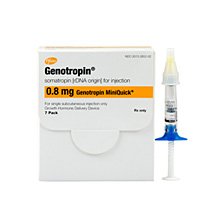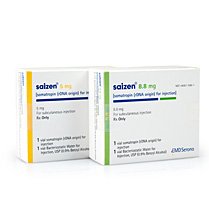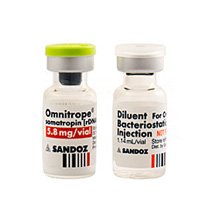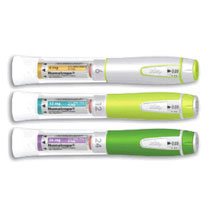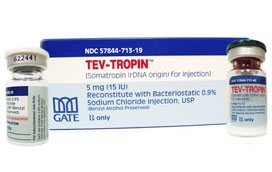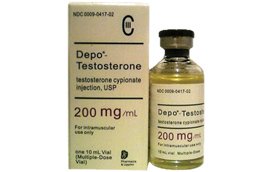Testosterone Therapy for Diabetes

Testosterone deficiency can affect more than a person’s love life. Low T or hypogonadism can also affect brain functions, metabolism, hair growth, muscles, bones, heart health, and insulin resistance. That is why doctors frequently recommend testosterone therapy for diabetes when Low T is also present.
One study out of Boston found that 1 out of 18 men between the ages of 30 and 79 were testosterone deficient, with an increase to 1 in 8 for those that fell in the 60 to 70-year range.
In the UK, a study showed that 42 percent of type 2 diabetic men had either borderline or low testosterone levels.
Many reasons exist as to why a person should consider testosterone replacement therapy and diabetes treatment. Erectile dysfunction, although not a direct effect of hypogonadism, is also an issue for men with diabetes, as blocked nerves and blood vessels are often associated with this condition. Together, Low T and diabetes can hinder arousal, desire, performance, and orgasm.
Hypogonadism can be an issue for both types of diabetes:
Type 1 Diabetes
For men with low testosterone levels, there may be a direct link between type 1 diabetes and insulin resistance. Research on testosterone and type 1 diabetes is not yet as extensive as with type 2. However, benefits may be significant since people with this condition have an increased risk of low testosterone.
Type 2 Diabetes
Between 20 and 64 percent of men with hypogonadism are also type 2 diabetics. The older a person gets, the greater both risk factors exist. Increased weight gain raises the chance of Low T for individuals with diabetes. Even those men who are borderline – meaning their testosterone levels are on the lower end of the normal scale – have an increased chance of high blood glucose and low insulin levels.
With testosterone therapy, diabetes type 2 can see incredible improvements in body fat reduction, greater lean muscle mass, and up to a 32 percent increase in insulin response for glucose uptake.
Testosterone and Insulin Sensitivity
Insulin is produced by the pancreas and has the role of lowering the blood glucose levels in the body. Two issues can interfere with this process:
- The pancreas does not produce enough insulin to fill the demand
- The produced insulin is not able to function properly to reduce blood glucose levels
In either situation, you have an increased risk of high blood glucose levels leading to metabolic syndrome, type 1 diabetes, and type 2 diabetes.
Testosterone therapy for diabetes may be beneficial because the pituitary gland produces less luteinizing hormone when there are high levels of glucose in the blood stream. LH is the chemical that signals the testes to produce testosterone
When it comes to low testosterone therapy and diabetes the association works in both directions, as shown here:
- Low testosterone creates a greater risk for metabolic syndrome and diabetes since a deficiency can hinder the transportation of glucose, how well the body’s cells can utilize testosterone and increases fat composition by supporting estrogen dominance – a condition that occurs when estrogen levels are higher, and testosterone levels are lower than normal.
- Diabetes raises the risk of low testosterone through its altering of LH production and increased weight gain.
Testosterone and Metabolic Syndrome
Diabetes is often linked to metabolic syndrome, a medical condition comprised of the following:
- High blood sugar
- Abnormal cholesterol levels
- High triglycerides
- Increased blood pressure
- Excess abdominal body fat
With metabolic syndrome, a person’s risk of stroke, heart disease, and diabetes is increased.
Testosterone replacement therapy for diabetes serves as a metabolic hormone through its role as an insulin sensitizer.
Additionally, six months of testosterone therapy dramatically lowers LDL cholesterol and triglyceride levels, two factors that also contribute to metabolic syndrome. The use of testosterone therapy in diabetes control and prevention helps to decrease abdominal fat, increase lean body mass, lower blood pressure, and improve blood glucose levels.
Do not let embarrassment or fear keep you from discussing factors such as erectile dysfunction, low libido, hair loss, weight gain, or depression keep you from seeking help if you have diabetes. The medical hormone specialists here at Greenberg Health understand what low testosterone and diabetes can be doing to your body and your emotions, and we can help. Please complete the short form below or call us for a free and confidential consultation.


















 Norditropin
Norditropin